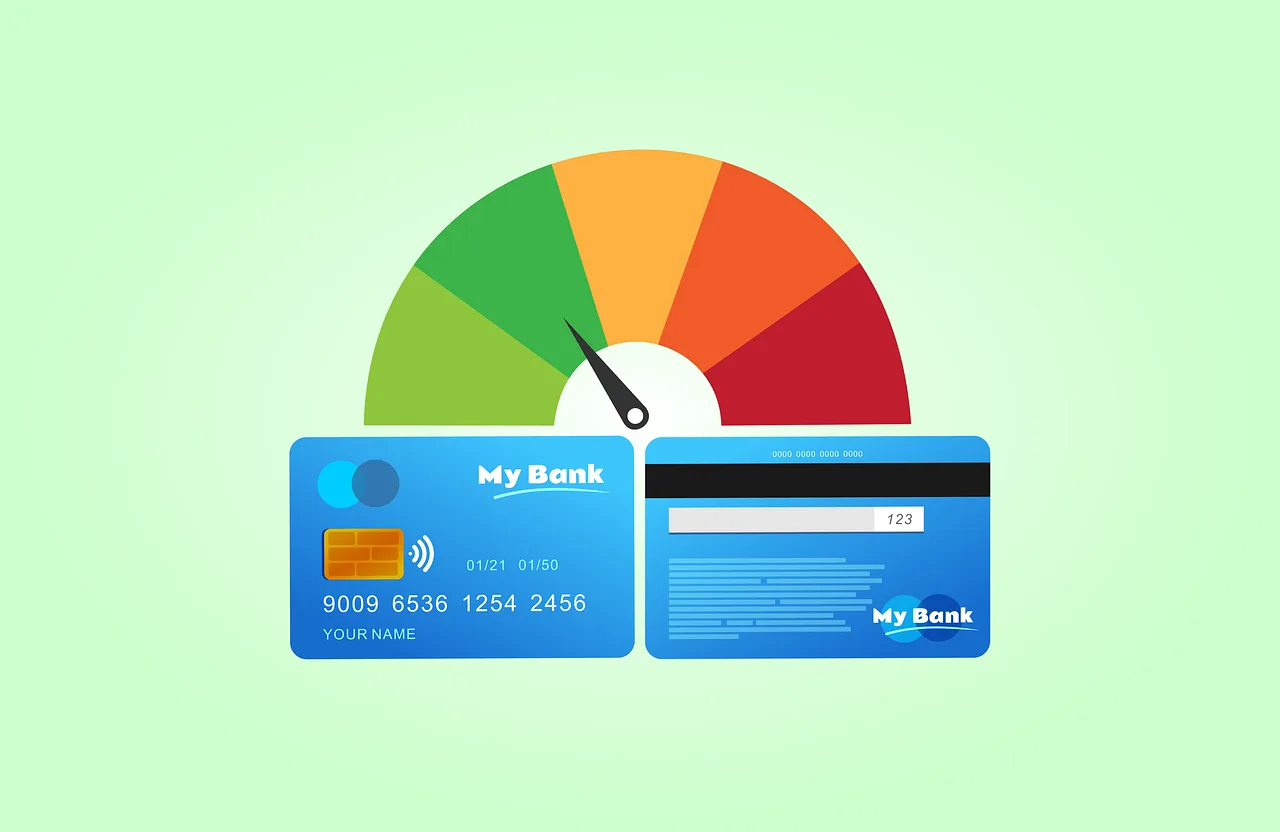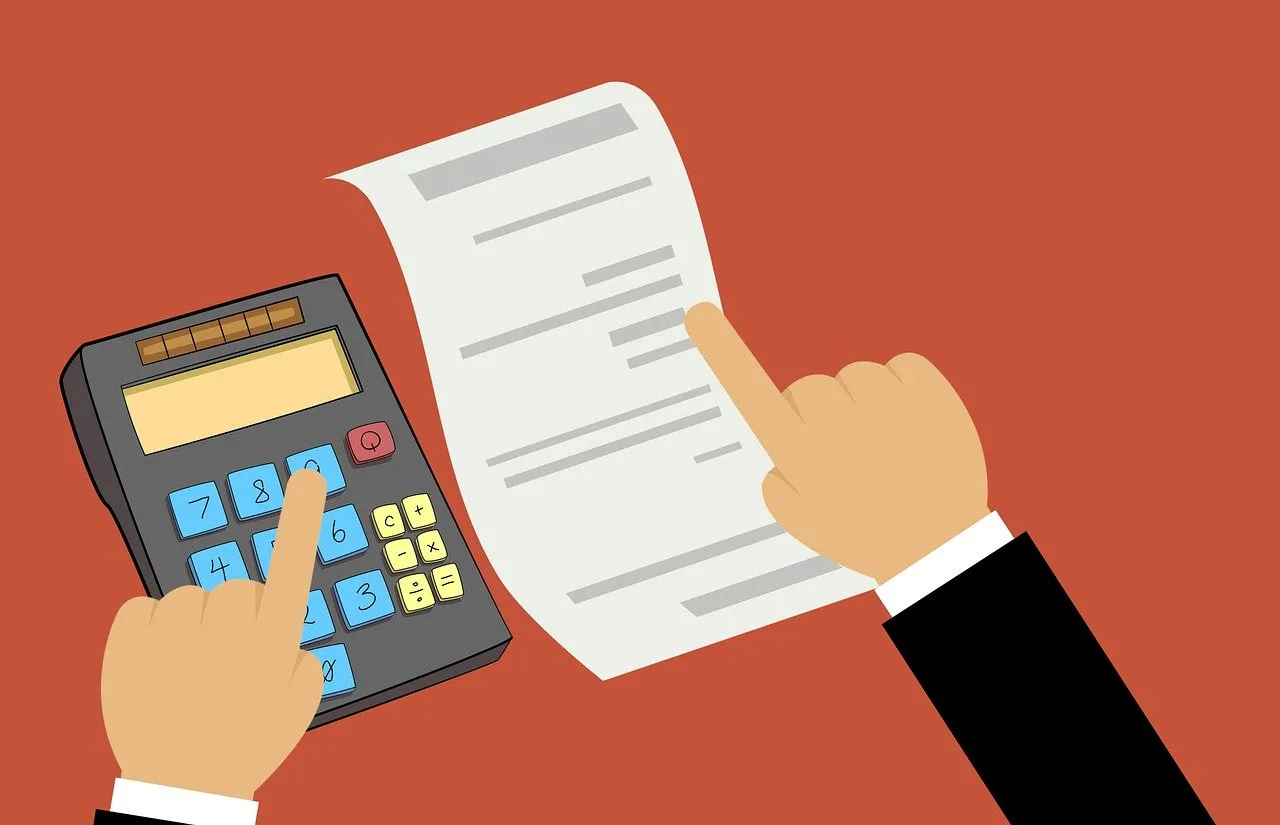Debt consolidation is a financial strategy many Canadians turn to when managing multiple debts becomes overwhelming. By consolidating multiple loans or credit card balances into a single payment, you can simplify your finances and potentially lower your interest rates. But is it the right move for you? In this post, we’ll explore the benefits and risks of debt consolidation and provide tips to help you determine if it’s a good fit for your financial situation.
What Is Debt Consolidation?
Debt consolidation is the process of combining several debts—such as credit cards, personal loans, and other high-interest obligations—into one single loan or line of credit. This method often offers a lower interest rate, making it easier to manage payments while reducing the amount of interest you pay over time.
For Canadians, debt consolidation can help reduce financial stress, especially if you’re struggling to keep up with multiple payments each month. While it sounds appealing, it’s important to weigh the pros and cons carefully before deciding if it’s the best solution for your needs.
Check out our Personal Loan vs. Line of Credit post to understand more about borrowing options.
Types of Debt Consolidation
There are a few common methods of consolidating debt in Canada:
- Debt Consolidation Loan: This involves taking out a personal loan to pay off your existing debts. You then repay the loan with one monthly payment, often at a lower interest rate than your previous obligations.
- Balance Transfer Credit Card: Some credit cards offer low or even 0% interest on balance transfers for a promotional period. This allows you to move your credit card balances to a single card and pay off your debt without accruing additional interest, as long as you pay it off before the promotional period ends.
- Home Equity Loan or Line of Credit (HELOC): If you own a home, you might be able to consolidate debt using a home equity loan or a HELOC. These typically offer lower interest rates but come with the risk of losing your home if you can’t make payments.
Before choosing one of these options, ensure that the new interest rate and terms will actually save you money.
Benefits of Debt Consolidation
Debt consolidation comes with several potential benefits that may make it an attractive option for some individuals:
1. Simplified Payments
Managing multiple bills with varying due dates and amounts can be stressful. Consolidating your debt means you’ll only have to make one monthly payment. This simplicity can ease the burden of managing finances and help reduce the risk of missing payments.
2. Lower Interest Rates
Credit card debt often carries high interest rates, sometimes exceeding 20%. Consolidating your debts through a loan or a lower-interest product, such as a home equity loan, could reduce your interest rate to somewhere between 5% and 10%, potentially saving you a substantial amount of money over time.
3. Predictable Repayment Schedule
With a consolidation loan, you’ll have a clear repayment plan with fixed monthly payments. Knowing exactly when your debt will be paid off can help you stay focused on your financial goals.
4. Potential Credit Score Improvement
If you make consistent, on-time payments on your new loan, it could have a positive impact on your credit score. Additionally, paying off your high-interest credit cards will reduce your credit utilization ratio, which can further improve your score over time.
If you’re considering how debt affects your credit, our Understanding Credit Card Fees and How to Avoid Them post explains how to avoid fees that can increase your financial burden.
Risks of Debt Consolidation
While debt consolidation can offer relief, there are also some potential drawbacks you need to consider:
1. Doesn’t Address the Root Cause
Debt consolidation helps manage your debt, but it doesn’t solve the underlying issues that led to it. If overspending, lack of budgeting, or other financial habits contributed to your debt, consolidation alone won’t fix these problems. It’s crucial to address the root cause to avoid falling back into debt.
2. Longer Repayment Terms
Some consolidation loans come with longer repayment periods, which can mean lower monthly payments but more interest paid over time. It’s essential to carefully review the terms and conditions of any consolidation loan to ensure that you’re not paying more in the long run.
3. Risk to Your Assets
If you use a secured loan, like a home equity loan or HELOC, you’re putting your home at risk if you can’t keep up with the payments. Be cautious about securing debt with assets, as this could lead to significant financial loss if things go wrong.
Is Debt Consolidation Right for You?
Debt consolidation isn’t for everyone. Before deciding if it’s the right option, evaluate your financial situation:
- Are you struggling to manage multiple payments? If juggling various due dates and amounts is overwhelming, consolidating your debt could simplify your payments.
- Do you have high-interest debt? If most of your debt is tied to high-interest credit cards or loans, consolidating to a lower-interest product could save you money.
- Are you committed to paying off your debt? Debt consolidation only works if you’re disciplined about sticking to the repayment plan. If you’re prone to taking on more debt after consolidating, you might end up in a worse financial situation.
Debt consolidation is a tool, but it must be paired with good financial habits to be effective. Explore how Best Secured Credit Cards might help you in managing finances as you work towards debt freedom.
Tips for Successful Debt Consolidation
If you’ve decided that debt consolidation is the right move, follow these tips to ensure you make the most of it:
- Shop around for the best rates: Different lenders offer varying interest rates and terms. Take the time to compare your options and choose the one that saves you the most money.
- Check for additional fees: Be aware of any fees associated with balance transfers, consolidation loans, or HELOCs. Some products may have hidden costs that could offset the interest savings.
- Stick to a budget: Consolidation is a tool to help you manage your debt, but it’s not a cure-all. Create a budget and stick to it so you don’t end up accumulating more debt after consolidating.
- Improve your credit score: A better credit score can help you qualify for lower interest rates. Make sure to pay your bills on time and reduce your overall credit card balances.
Alternatives to Debt Consolidation
If debt consolidation doesn’t seem like the best fit for your situation, consider other options:
- Debt Management Plan (DMP): Non-profit credit counselling agencies can help you create a DMP, where they negotiate lower interest rates with your creditors and combine your payments into one.
- Debt Settlement: This involves negotiating with creditors to settle for less than the full amount owed. While this can reduce your debt, it can also damage your credit score.
- Bankruptcy: Filing for bankruptcy should be a last resort. It can wipe out your debts but will have long-term consequences for your credit score.
Debt consolidation can be a helpful strategy for Canadians struggling to manage multiple debts, but it’s important to weigh the pros and cons carefully. Make sure the interest rate, repayment terms, and overall financial impact align with your goals before moving forward. Most importantly, consider your own habits and spending practices to ensure this move leads to long-term financial health.



